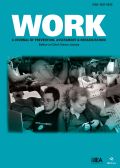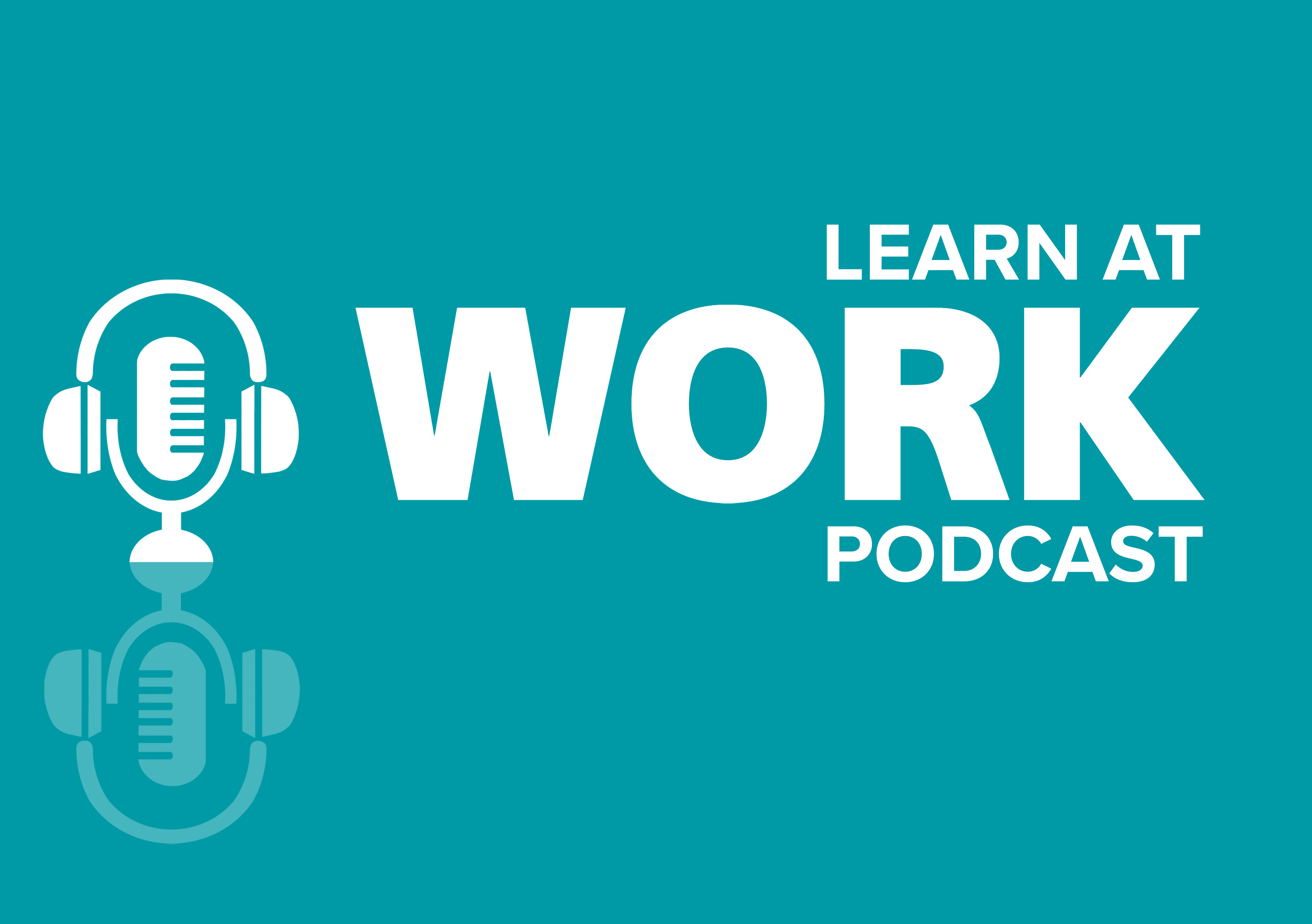Authors: Kawada, Tomoyuki | Ueda, Harumi | Hayashi, Mikiko | Sakamoto, Ayako | Uchida, Kaoru | Shirato, Takako | Etoh, Risa
Article Type:
Research Article
Abstract:
Objective: Identifying the relationship between workload content and health complaints would likely aid the establishment of preventative health care strategies. Participants: The study population consisted of 137 male workers from a pharmaceutical company. Methods: The workloads of the target subjects were divided into three groups (A, B, and C+D) according to the scores of a self-administered questionnaire. The results of General Health Questionnaire (GHQ, 12 items version) for assessing health complaints were
…also analyzed. Results: The percentages of workers who reported feelings of stress in response to overtime work, irregular work, business trips, nighttime work, no rest and/or no nap, mental workload, and physical workload were 22.6%, 15.3%, 2.9%, 8.0%, 13.9%, 58.3%, and 18.2%, respectively. The significant odds ratio of workload predicting health complaints was 6.9 for subjects in group B and 13.9 for subjects in group C+D. Among them, the significant odds ratios of mental workload predicting health complaints and a positive GHQ were 5.7 and 4.0, respectively. Having no regular exercise also resulted in ORs of greater than 3 for health complaints and a positive GHQ. Conclusions: To cope with the health complaints of workers, mental health support by reducing individual workloads is recommended.
Show more
Keywords: Workload, health complaints, general health questionnaire, questionnaire survey, cross-sectional study
DOI: 10.3233/WOR-2010-1087
Citation: Work,
vol. 37, no. 4, pp. 333-339, 2010
Price: EUR 27.50






